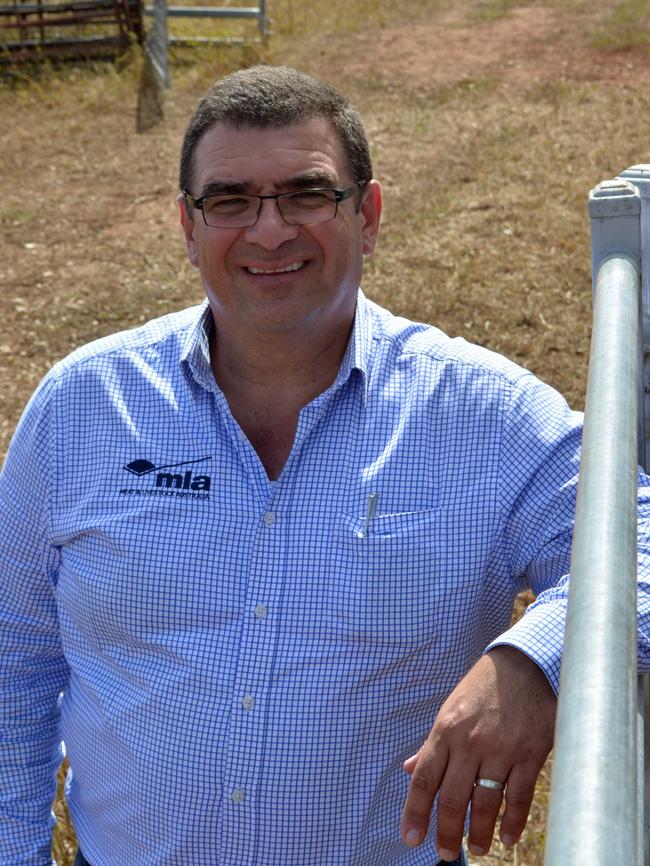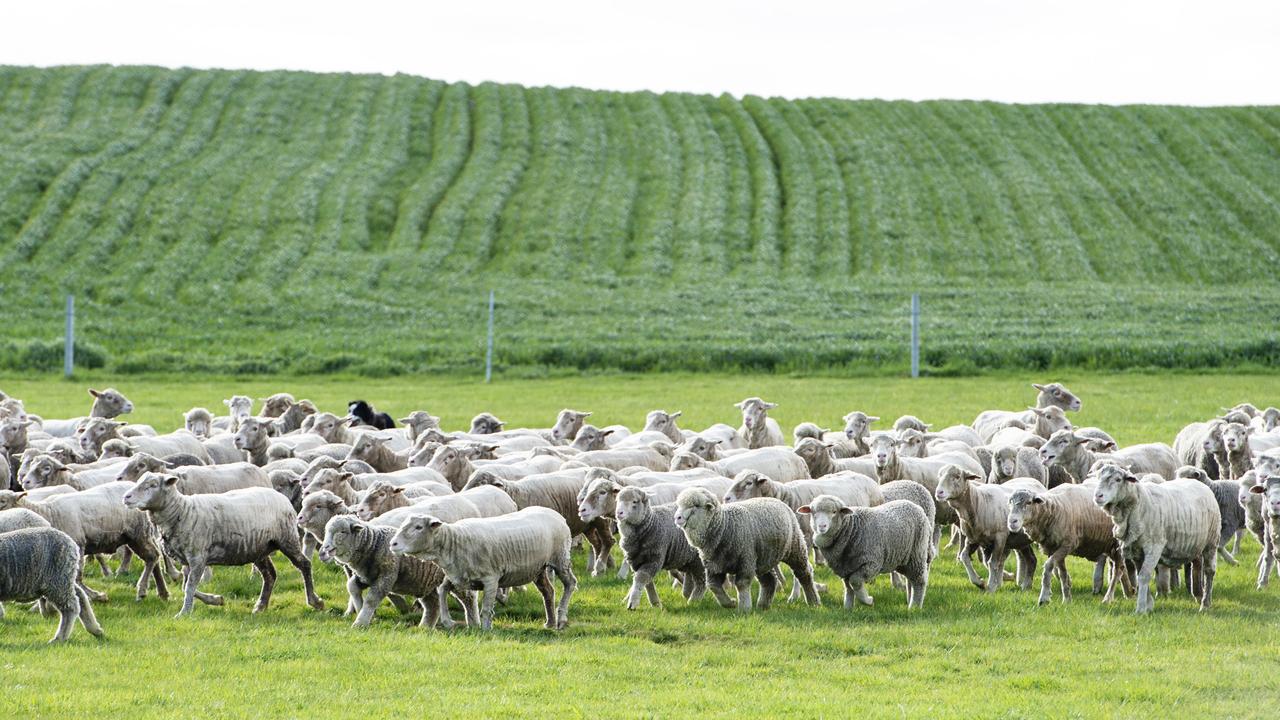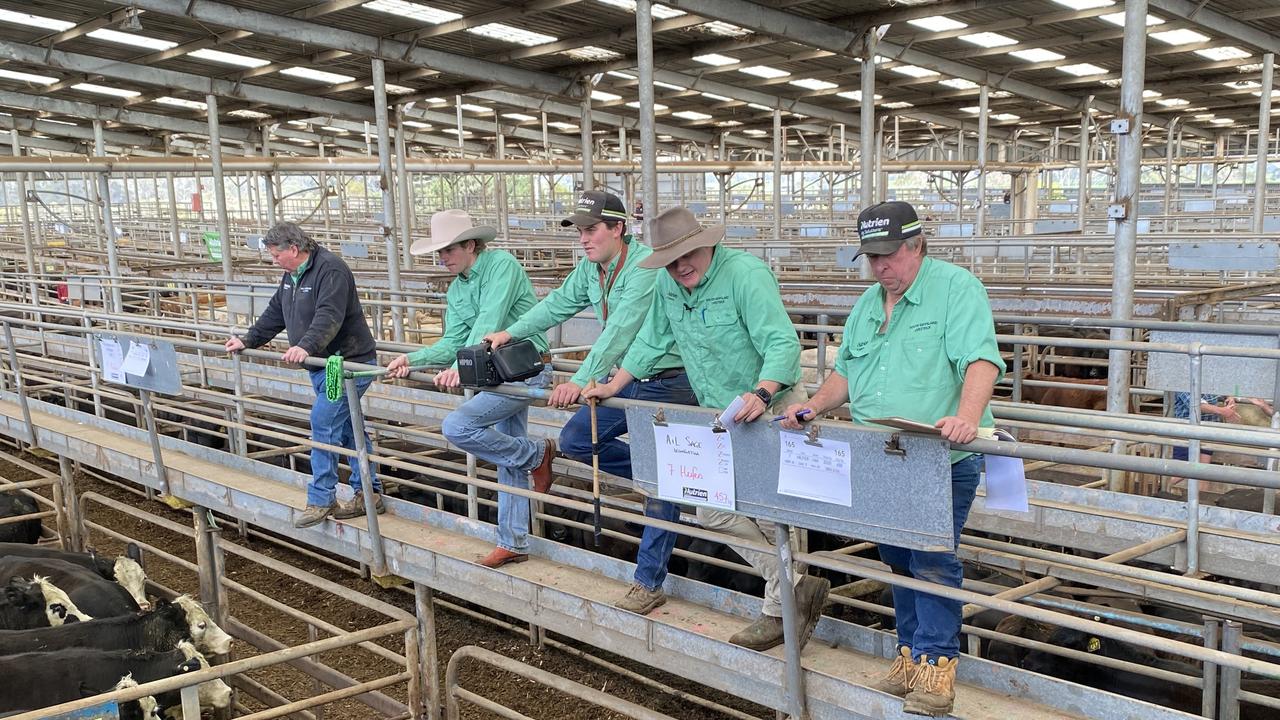Fake meat debate: Livestock industry defends red meat health benefits
Should red meat be subject to the same truth in labelling laws as fake meat products? Submissions into a senate inquiry has turned up the heat on Australia’s red meat industry.

The nutritional value of red meat has come under fire, as a senate inquiry investigates truthful labelling of fake meat products.
It comes as Australia’s consumer watchdog rejects the idea consumers could be misled by alternative meat products.
The inquiry — announced last month — aims to explore labelling plant-based and synthetic proteins, references to animal flesh, and the use of livestock images on plant-based products.
But a number of submissions are calling for the same level of scrutiny be applied to red meat products.
One submission from a member of the public, Jan Kendall, said bacon and other processed meats “are known carcinogens”.
“Health authorities advise consumers to limit their intake of meat and eat more vegetables and plant-based food,” Ms Kendall wrote.
“Products containing animal meat … should be clearly labelled if creatures have been subject to antibiotics or hormones”
Another submission from Andrew Benskin, Perth, said plant-based products contain “all the vitamins and good nutrients associated with animal products but do not come with the antibiotics, cholesterol, hormones and trans fats”.
Meat and Livestock Australia managing director Jason Strong defended the health credentials of meat, calling it “a crucial component of a healthy balanced diet”.

“As well as flavour and consistency, the nutritional credentials of red meat are unrivalled, which is an essential part of its offering for families around the world, and one which plant-based fake meats are unable to replicate,” Mr Strong said.
“The issue is about truth in labelling, and labels on products accurately representing what is in them.”
Cattle Council Australia chief executive Travis Tobin said customers should expect a product labelled ‘beef’ to have the nutritional qualities of beef.
“Plant-based products that mimic beef should be labelled for what they are — highly processed manufactured goods high in preservatives and additives,” Mr Tobin said.
“The public can be assured Australian beef is lean and a healthy part of a balanced diet when following the Australian dietary guidelines.”
Meanwhile, the Australian Competition and Consumer Commission has rejected the idea customers are confused by fake meat product labelling.
The ACCC’s submission by deputy chair Mick Keogh said the watchdog has received “very few reports” about consumers being misled by the labelling on plant-based products.
“The few we do receive are reports from consumers and industry stakeholders in sectors that produce meat or dairy products raising concern that plant-based substitute products use animal product related descriptors,” Mr Keogh wrote.
MORE
WAR OF THE WORDS: WHO OWNS THE WORD ‘MEAT’?



